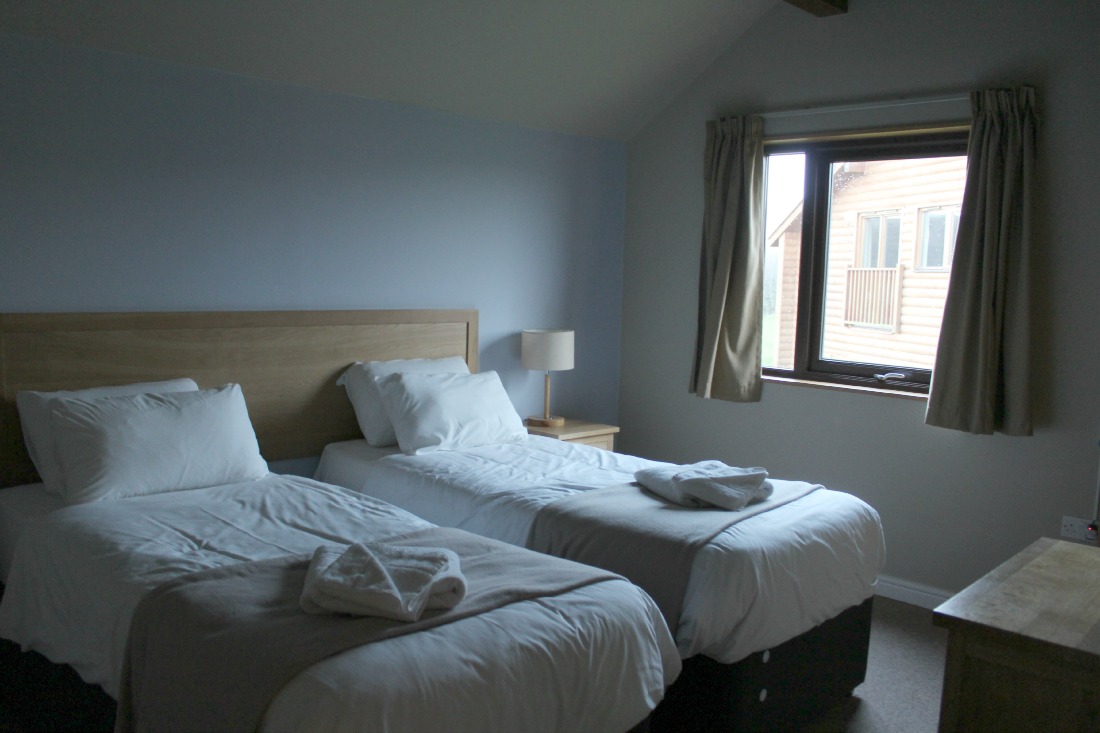7 Tips for Getting a Good Night’s Sleep

We all know that getting a good night’s sleep is essential for staying in the best mental and physical health, but not all of us know exactly how to get that good night’s sleep. For some, falling asleep is a nightly struggle, while for others, staying asleep is the problem. The consequences of not sleeping enough are easy to detect and may include forgetfulness, impaired memory, increased stress, depression, weight gain, lowered sex drive, daytime fatigue, and a host of other health issues.
A recent study by the University of Warwick determined that improved sleep quality makes a person feel as good as someone who has just won the lottery. Getting a good night’s sleep and winning $200,000 in the US Powerball lottery, for example, are both extremely beneficial to our wellbeing. While you would need to be extremely lucky to win a lottery prize, there is plenty of sound advice available to help you get a sound night’s sleep.
Set your body clock. Maintaining a regular circadian rhythm lets your body know when to sleep and when to rise. You should go to sleep and wake up at roughly the same time every day, including on weekends. This sets your body’s internal clock and helps you fall asleep quickly and wake up more easily.
Power down. The blue light of smartphones, tablets, laptops, and televisions stimulate daylight and therefore it is recommended to shut down all digital devices about an hour before bedtime. Lowering the lights in the evening hours will help convince your body that it is time to get ready for sleep.
Be careful what you eat and drink. It is important to avoid stimulants, such as caffeine and nicotine, before going to sleep. Eat light meals as heavy, rich food can disrupt the digestive system. If you must snack at night time, stay away from sugar and refined carbs. Cut down on fluids in the hours before bedtime to avoid bathroom trips. Limit the alcohol and drink milk and chamomile tea instead.
Don’t nap. Another important way to keep your circadian rhythm in check is to take fewer naps. If you must nap, do it only in the afternoon hours and limit naps to twenty minutes. If you find yourself drained of energy during the day, stand up, take a short walk or a shower to refresh yourself. Talk to friends or drink a glass of ice water. Save sleeping for bedtime at night.
Calm down. Put your work issues aside well before bedtime. If there is something you must do the next day, write a note so that you don’t keep mulling over it in your mind. Get into a restful mood by meditating, taking a warm bath, listening to quiet music, and reading.
Keep it dark. When you get into bed, keep your bedroom dark, cool, and quiet. Avoid becoming a clock watcher by covering up or turning away your bedside clock. When you get up to go to the bathroom, use a nightlight instead of turning on bright lights. Eliminate noise or mask it with a fan. Keep the room ventilated as being too hot, or too cold, are frequently the reasons people don’t sleep well.
Stay away from the sleeping pills. While medication can offer a quick way to get to sleep, there may be side effects. Sleeping pills can become addictive and their effectiveness will decrease over time.
Each of us has our own method of falling asleep at night and for some, the transition into sleep may not be that easy. Staying healthy, exercising frequently, calming down, and optimising our sleep environment may be just what is needed to get a good night’s sleep.

David
July 12, 2017 at 03:33I totally agree with “Don’t nap”. It doesn’t matter how long the nap I take, 10 minutes, 20 minutes… I can’t slepp well in the night. So if I wake up early that day, I have drink some tea to keep me awake in the early afternoon.